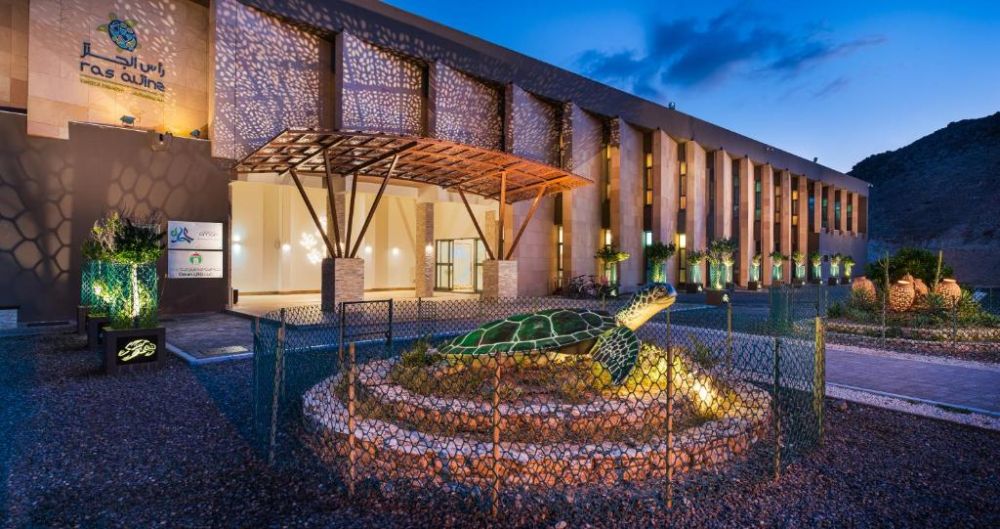

Ras Al Jinz Turtle Reserve, situated in the eastern region of Sur, Oman, is a natural treasure that has gained international acclaim for its commitment to the protection of the endangered green turtle (Chelonia mydas). The history of tourism at Ras Al Jinz is intertwined with the conservation efforts that began in earnest in the 1970s when the Omani government recognized the importance of preserving its rich natural heritage.
With the establishment of the Ras Al Jinz Scientific and Visitors Centre in 1996, Oman laid the foundations for what would become a successful model for integrating tourism and wildlife conservation. The Center's aim was to facilitate research and promote awareness about the plight of turtles while offering visitors a unique opportunity to observe these gentle creatures in their natural habitat.
Interest in ecotourism surged in the early 21st century, propelling Ras Al Jinz to prominence as a premier destination for environmentally conscious travelers. The Reserve offered guided tours to watch sea turtles nest and hatch—an experience that struck a chord with global audiences eager to engage with nature responsibly.
Experiential Learning: In recent years, the tourism trend at Ras Al Jinz has shifted towards experiential and educational travel. Visitors are not only spectators but also partake in interactive activities that teach them about the life cycle of sea turtles and the importance of conservation.
Responsible Tourism: Adhering to the principles of responsible tourism, Ras Al Jinz limits the number of visitors during turtle nesting and hatching seasons to minimize human impact on the wildlife. The tours are conducted with the utmost respect for the natural environment, ensuring that the turtles' nesting process is not disturbed.
Digital Engagement: The Reserve has embraced technology by providing online resources and virtual tours, making the wonders of Ras Al Jinz accessible to a wider audience. This digital shift caters to the growing demand for remote travel experiences since the global pandemic's impact on travel habits.
Ras Al Jinz Turtle Reserve continues to be a beacon for sustainable tourism. The Reserve's commitment to education, research, and the promotion of sustainable livelihoods for the local community ensures that tourism not only thrives but does so in a way that protects and celebrates the natural world. Increasingly, visitors to Ras Al Jinz are drawn not only to witness the spectacle of nesting turtles but also to support the Reserve's critical conservation work. The future of tourism in this precious corner of Oman looks bright, as more travelers seek meaningful and eco-friendly ways to explore the natural wonders of our planet.